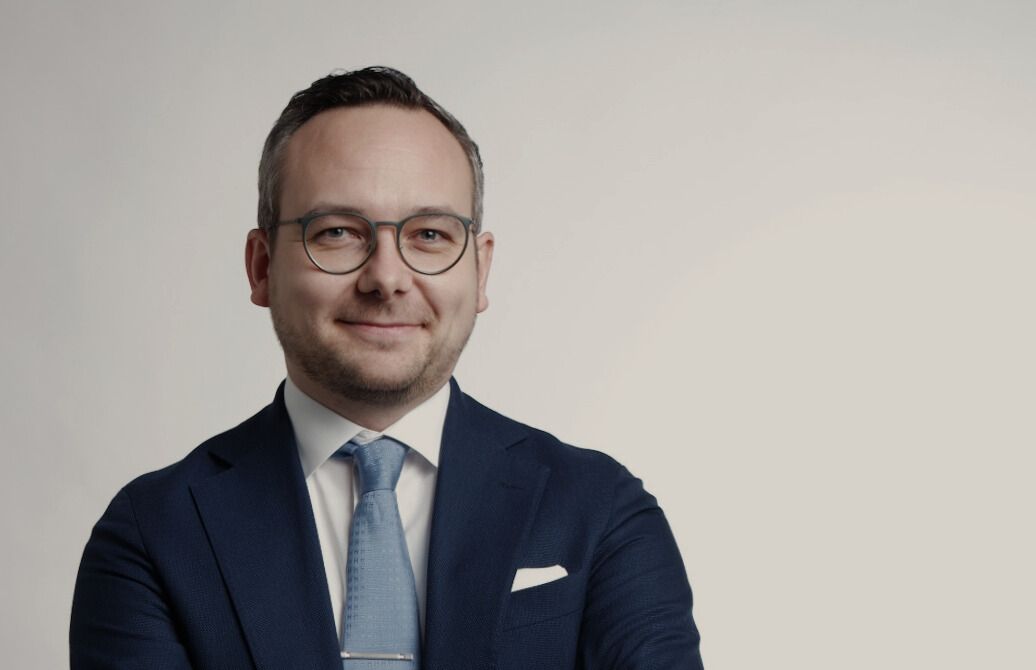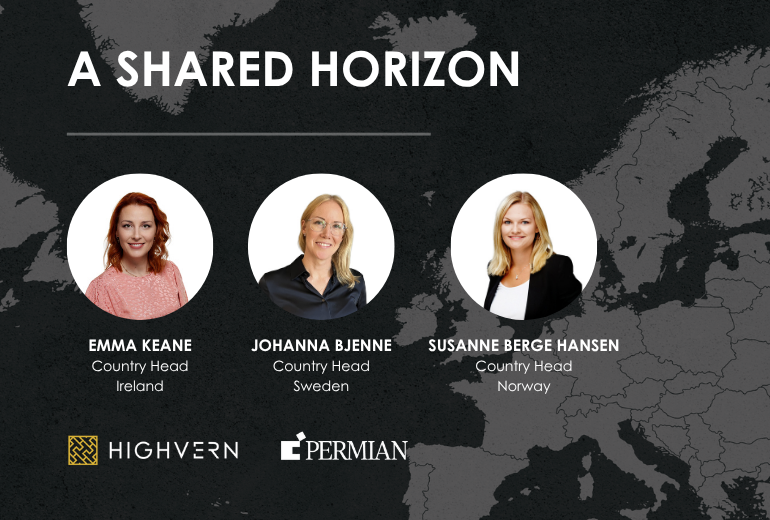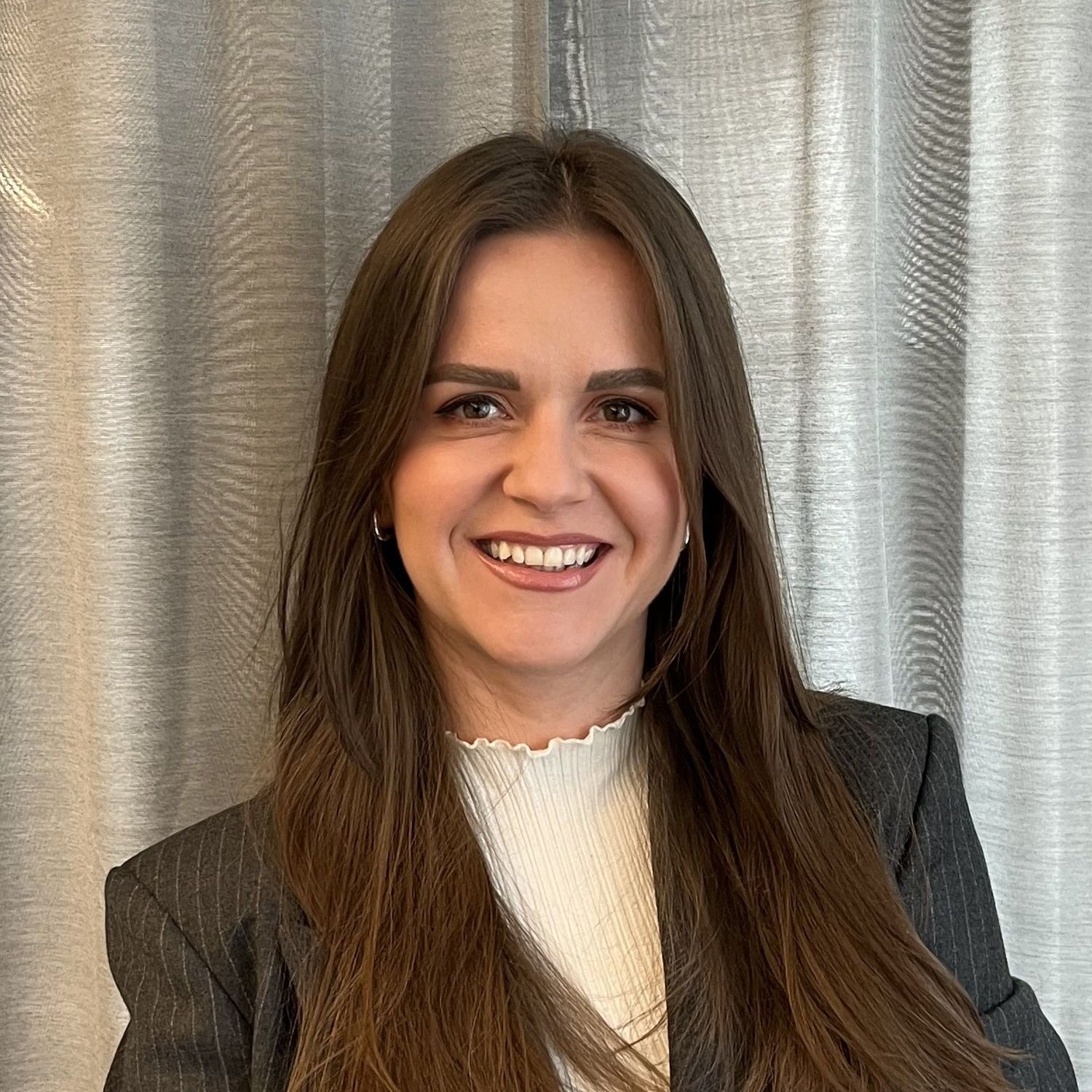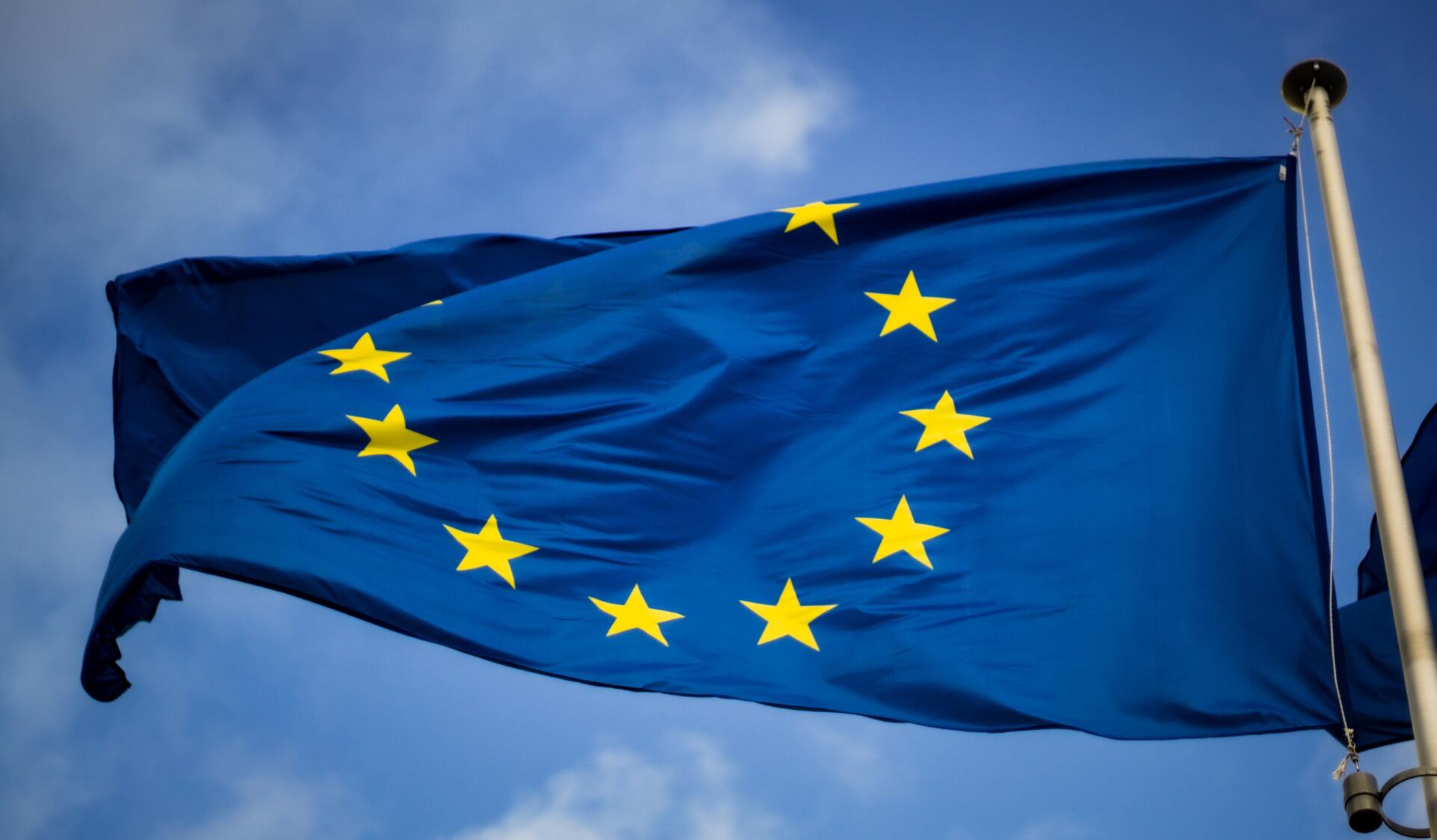Permian Sustainability Letter no.5
The Taxonomy Regulation started to apply in practice for EU fund managers 1 January 2022 (the Taxonomy entered into force in the EU 12 June 2020). Funds offered to EU investors are required to report alignment with the Taxonomy. In Norway the legislation came into force on 1 January 2023. Therefore, funds marketed in Norway are to report in 2024 for FY23.

How the Taxonomy Regulation (the “Taxonomy”) will affect Alternative Investment Funds
The Taxonomy will heavily affect article 8 and 9 funds as they will need to report the proportion of their investments that represent sustainable activities as defined in the Taxonomy (this is also referred to as the fund’s taxonomy-alignment). In addition, minimum commitments of taxonomy-alignment should be included in IM, PPM or other pre-contractual document provided to investors prior to investment in a fund.
The purpose of the Taxonomy
To implement the European Green Deal and achieve the EU’s climate and energy targets for 2030, a common language and a clear definition of what is ‘sustainable’ has been needed. The Taxonomy aims to establish a unified classification system on what can be considered environmentally sustainable economic activities. Clear definitions will help investors make informed investment decisions when it comes to sustainability and protect them from greenwashing i.e. defined in the Taxonomy as deceptively making a product look environmentally friendly. It is important to note that the Taxonomy does not ban investments in activities that are not labelled “green”, but simply sets out a classification system of what is considered environmentally sustainable.
Definitions of sustainability under the SFDR and the Taxonomy
It is worth noting that a sustainable investment under the Sustainable Finance Disclosure Regulation (“SFDR") is not the same as an investment that is taxonomy-aligned under the Taxonomy. In addition, there is a “do no significant harm” definition in the SFDR that is different to how it has been defined in the Taxonomy. Even though the purpose of the Taxonomy was to establish a unified classification system, these differences have meant that statements regarding a fund’s sustainability characteristics do not necessarily mean that such funds are taxonomy-aligned. This sometimes causes confusion for managers and investors.
How does the Taxonomy define sustainable activities?
The terms “ESG” and “sustainability” are often used interchangeably, with ESG being an umbrella term that refers to environmental, social and governance perspectives as implemented in the SFDR. The Taxonomy currently has a different definition of what is considered to be a sustainable investment with a sole focus on climate and environment.
The Taxonomy sets out four criteria that have to be fulfilled to be considered as sustainable:
- Sustainable contribution to at least one of six environmental objectives (see below).
- Do no significant harm (DNSH) to any of the other five environmental objectives as defined in the proposed regulation.
- Comply with minimum social safeguards.
- Comply with technical screening criteria.
The taxonomy regulation establishes six environmental objectives:
- Climate change mitigation
- Climate change adaption
- The sustainable use and protection of water and marine resources
- The transition to a circular economy
- Pollution prevention and control
- The protection and restoration of biodiversity and ecosystems.
What to report
For fund managers, the Taxonomy reporting should be included in the template set out in the delegated regulation to the SFDR (the so-called RTS). A fund manager must categorise a fund as article 6, 8 or 9 upon establishment of the fund. For those funds that have been categorized as article 8 or 9, pre-contractual information to investors should include minimum commitments of: a) so-called sustainable investments under the SFDR; and b) taxonomy-alignment under the Taxonomy. The latter, however, only applies to funds with an environmental characteristic and/or objective. Such required disclosures are legally binding. Thereafter, Article 8 and 9 funds are to include in their periodic reporting: the share of sustainable investments under the SFDR and taxonomy-alignment under the Taxonomy (i.e. the relative size of sustainable environmental activities).
Due to the fact that the Taxonomy is focused on environmental activities, an article 8 or 9 fund based on social activities only, is not required to report alignment with the Taxonomy. However, when such funds invest in environmental activities, reporting may be required. For definition of Article 6, 8 and 9 funds, see Permian Sustainability letter no. 3 link.
How Permian can assist
Permian has gained experience working with Swedish and Norwegian clients since SFDR came into force in the EU in March 2021 and can assist with implementation of SFDR and reporting according to the Taxonomy. The extent of assistance from Permian can vary from being a sparring partner or being available to provide second opinions on material that the manager draws up, or to assist in the entire process.
Contacts:
Anna Berntson Petas: anna.berntson@permian.se












